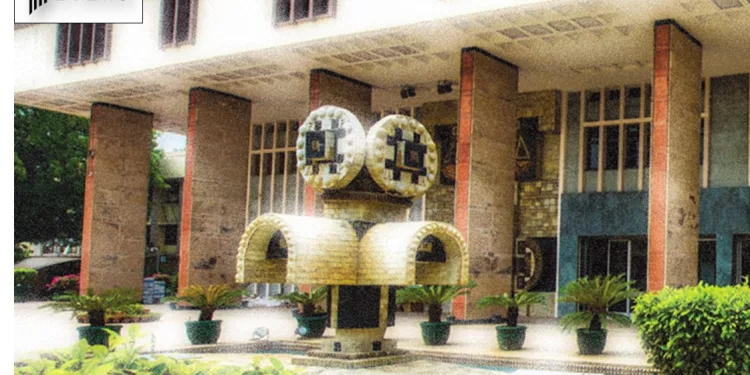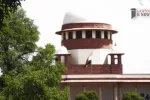Delhi High Court upholds wife’s right to access husband’s call records and hotel stay details in adultery case

Delhi High Court has ruled that the right to privacy is not an absolute right and that it can be subject to reasonable restrictions in the interest of public morality. The court was hearing a petition filed by a husband who had challenged the Family Court’s order directing him to submit the call details of his mobile phone and the identity of the occupants of the hotel room where he had stayed during a particular period, following a divorce petition filed by his wife on the grounds of adultery.
The petitioner contended that the right to privacy is a fundamental right, and he cannot be compelled to disclose the information sought by his wife. However, the court found that the husband was taking contradictory stands in his pleadings and had not come forward to voluntarily disclose the details about the occupants of the hotel room. In this regard, the court referred to the decision in Joseph Shine, wherein the Supreme Court emphasised that the freedom to have a consensual sexual relationship outside marriage by a married person does not warrant protection under Article 21 of the Constitution of India.
The court further referred to the decision in Hospital Z, wherein the Supreme Court held that where there is a clash of two Fundamental Rights, the right which would advance the public morality or public interest would alone be enforced through the process of court.
The court held that the petitioner’s claim was based solely on the right to privacy, which is not an absolute right, whereas the respondent’s prayer was based not only on morality but also on specific rights granted under the Hindu Marriage Act and the Family Courts Act. Therefore, the court found no reason to interfere with the impugned orders and held that the respondent’s right must prevail.
The court also referred to the decisions in Surjit Singh, Vishwas Shetty, and Sangeeta, but found that the same were not applicable to the facts of the present case. The court dismissed the petition and vacated all interim orders.
Date of Decision: 10.05.2023
SACHIN ARORA vs MANJU ARORA






